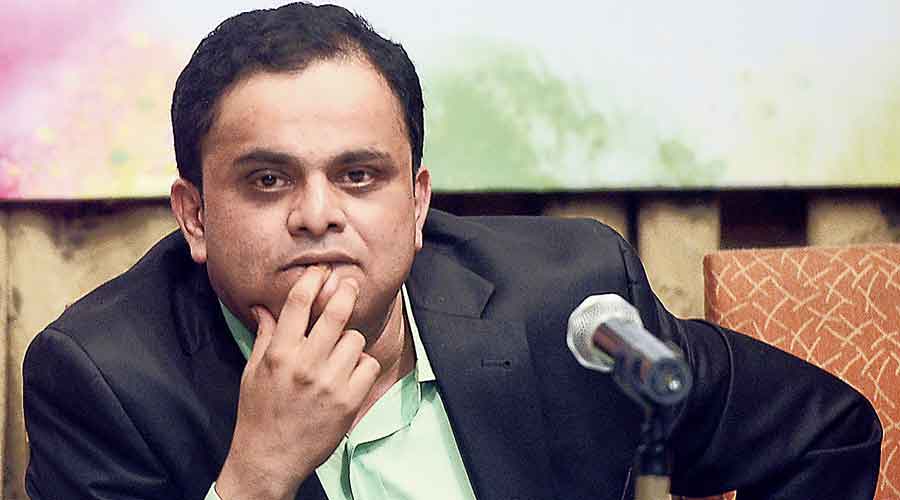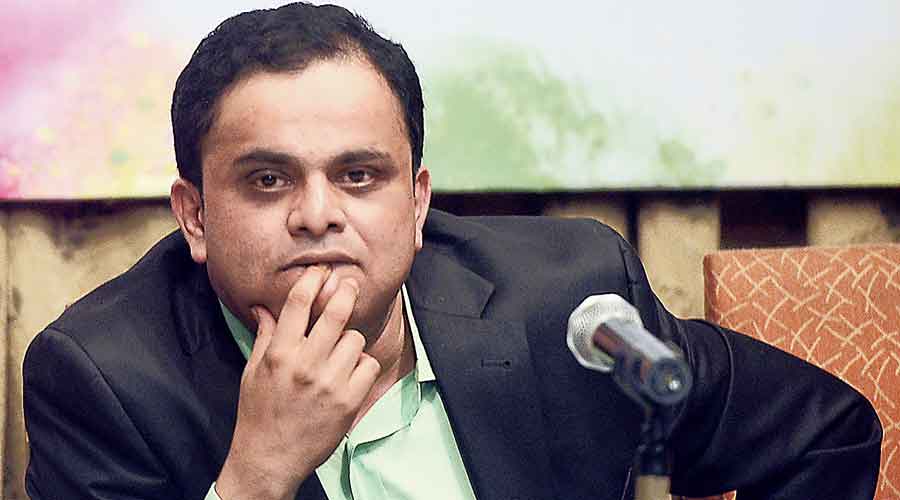Education minister Bratya Basu said in an interview with TV channel ABP Ananda on Monday that it “cannot be the rule that whoever is protesting has to be given a job”.
Basu said this days after police bodily lifted candidates who had written the Teachers’ Eligibility Test (TET) in 2015 and were protesting in Salt Lake demanding that they be recruited as teachers in government-aided primary schools without having to appear at the upcoming interview.
“It cannot be the rule that whoever is protesting has to be given a job. What has protest got to do with getting a job? Recruitment will take place on the basis of a candidate’s merit and eligibility,” Basu said.
The protesting TET candidates have appeared in at least one interview and many in two interviews.
They alleged that they have not been recruited because of corruption in the government. They are against appearing in yet another interview, for which the state primary education board started registration on October 21.
“We are saying the government will recruit in accordance with the court’s directives. But we have to make fresh appointments. If the Opposition keeps focusing on the mistakes made in the past (in recruitment) and keep disrupting the upcoming recruitment process, then how will we face the new generation? I think it is time that a section reconsidered what they are doing,” the education minister said in the interview.
“If they keep disrupting the upcoming recruitment exercise by protesting or filing cases, it will create negativity in society.”
The minister said many candidates crack the National Eligibility Test (NET) or the State Level Selection Test (SLET). “Do all of them get appointed?” he asked.
One has to crack NET or SLET to be appointed as college teacher. At a news conference on October 19 in Dum Dum, which Basu represents in the Assembly, he had said: “How can someone be recruited on the basis of an emotional quotient?”
A day before the TET candidates were removed from Salt Lake, Basu had wondered why the protesters were not moving Calcutta High Court for a directive exempting them from appearing in an interview.

